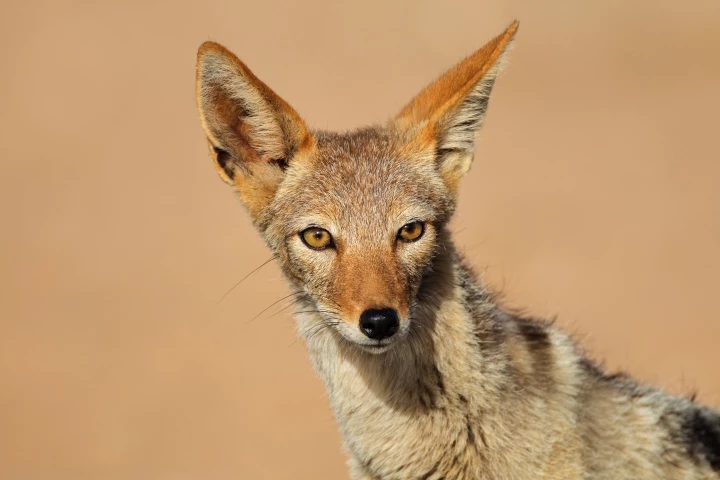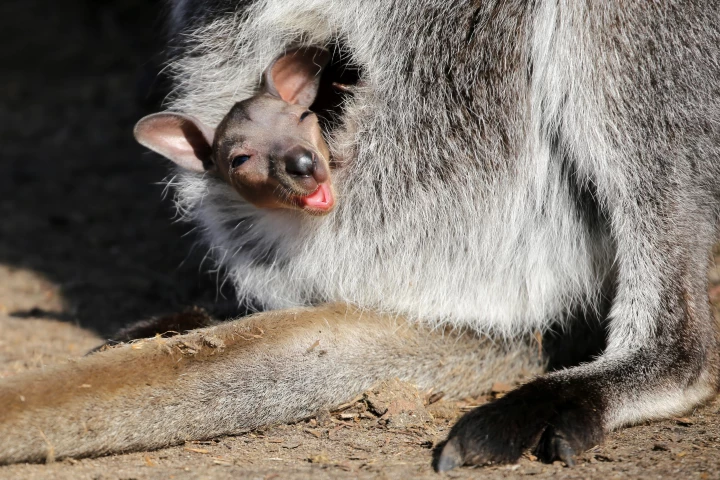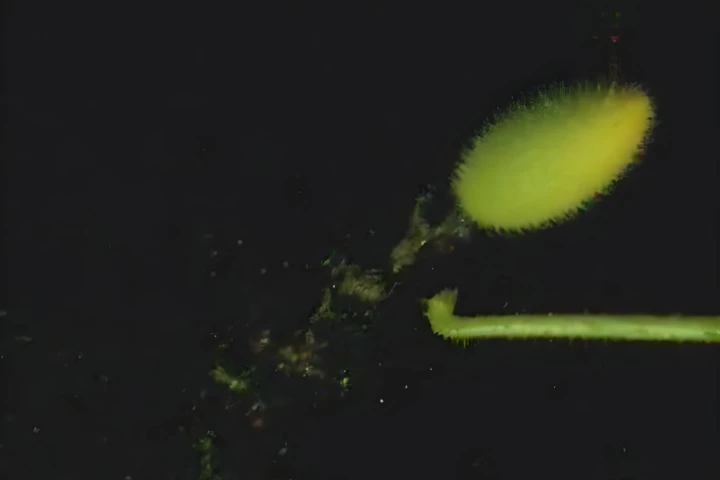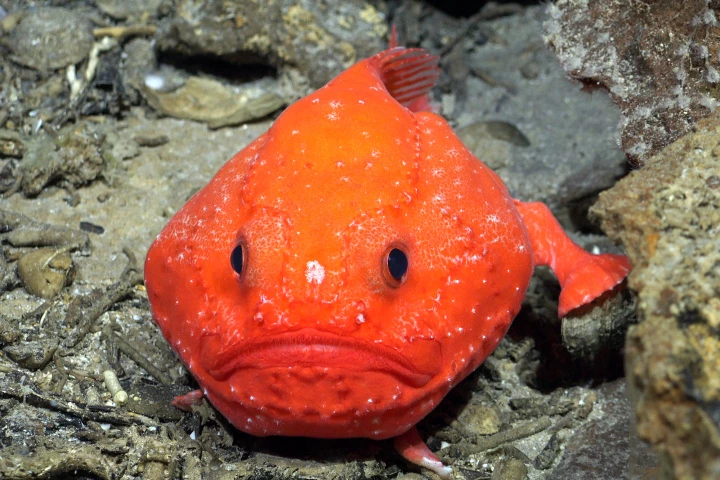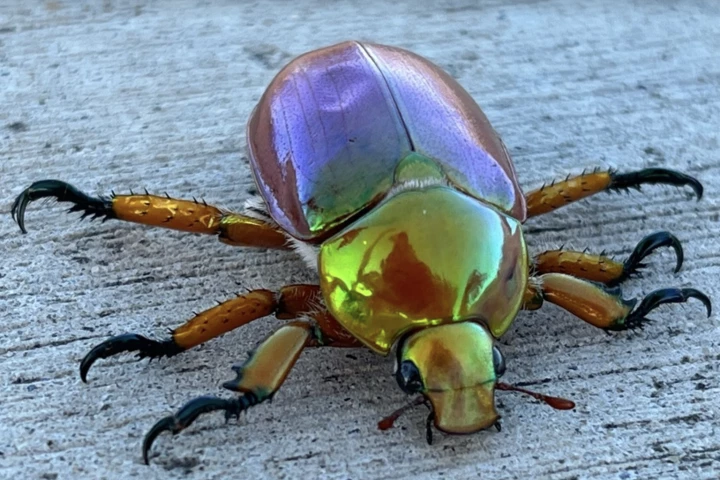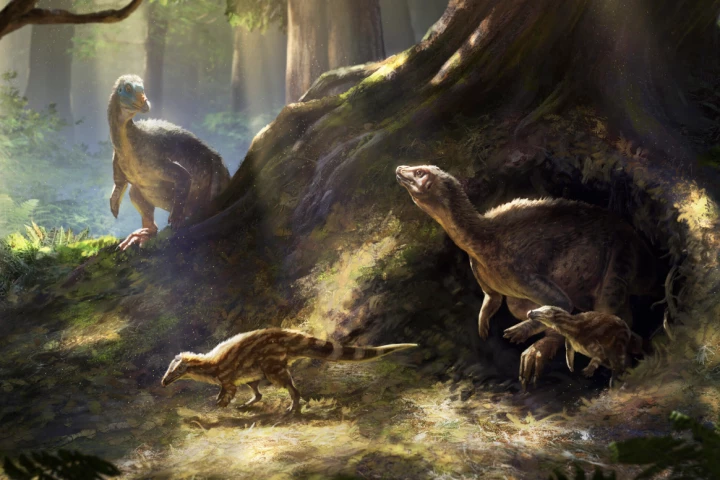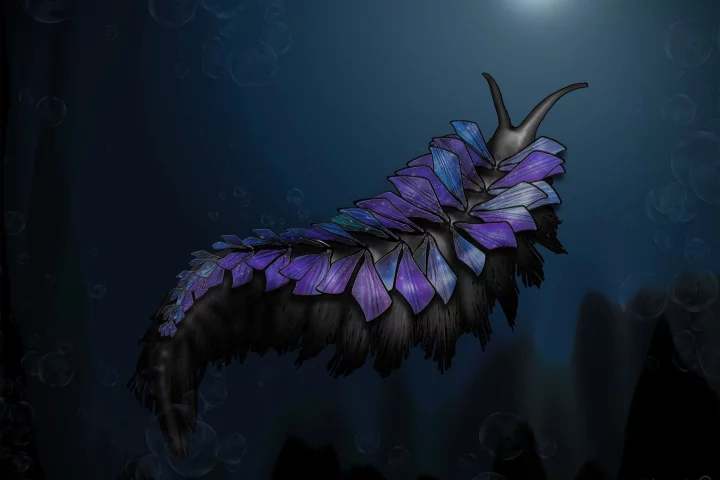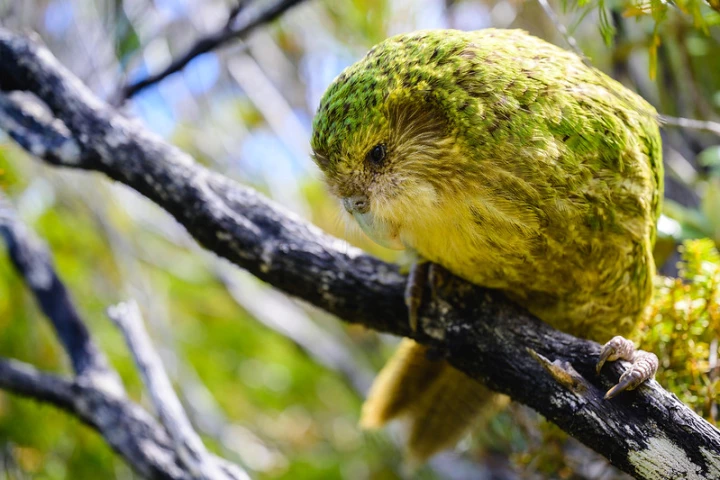Biodiversity
-
More than a third of large animals that feast on dead animals are struggling to survive, and a new report from scientists warns that their downfall could present a serious risk to human life, with an uptick in zoonotic disease spread as a result.
-
Scientists have created the first kangaroo embryo by in-vitro fertilization, which is a landmark moment for pouch-toting marsupials. Years in the making, it's a massive step in future-proofing hundreds of species facing imminent extinction.
-
Unlike nearly all flowering plants, which rely on the likes of wind or animals to reproduce, the squirting cucumber instead uses "ballistic seed dispersal," shooting a forceful, watery jet more than 30 feet into the air. And now we know how it does it.
-
This serene gap between Pyrenees mountains becomes abuzz with flying insects each year, as they journey across Europe. We may not always like to live with them, but we can't live without them – so paths like this are critical for all life on Earth.
-
An underwater expedition off the coast of Chile has discovered 160 species not known to live in the region, at least 50 of which are new to science. The information will inform marine protection strategies for important regions in international waters.
-
As Australian as kangaroos, the Christmas beetle holds a special place in hearts Down Under. But December sightings of these majestic creatures have become as rare as seeing Santa. Scientists are now asking the nation to help them find out what's going on.
-
The eggplant emoji may be more famous in the digital world than in real life, but it's not the case for most organisms. Biologists have made the case for 'animal underdogs' to have better emoji presence to aid real-life conservation and biodiversity.
-
It's been called plain and boring, but this Thescelosaurus species has now had its sad reputation upended, thanks to fascinating sensory discoveries that suggest it lived a unique, successful life underground, beneath the feet of its fearsome predators.
-
A new genus and species of ancient sea worm with an impressive set of star-shaped chaetae has been identified, after its fossil first puzzled paleontologists. Thanks to its alien-worm-like appearance, scientists found a fittingly sci-fi name for it.
-
In 2009, one frisky bird put a spotlight on his extremely endangered species when he mounted a zoologist’s head and proceeded to show the world his best mating skills. Now, in another bold move, four of his flock are returning to New Zealand's mainland.
-
Drug lord Pablo Escobar may be long gone, however he’s still wreaking havoc on his native Colombia thanks to his escaped hippos. Scientists have now discovered there are twice as many as previously thought, and they don't know what to do about it.
-
Casual bird buddies and ornithology obsessives alike can now trek to far corners of the globe and identify any feathered friend they find – as long as they have their phone with them. What's more, the Merlin app can now identify nearly every species.
Load More
